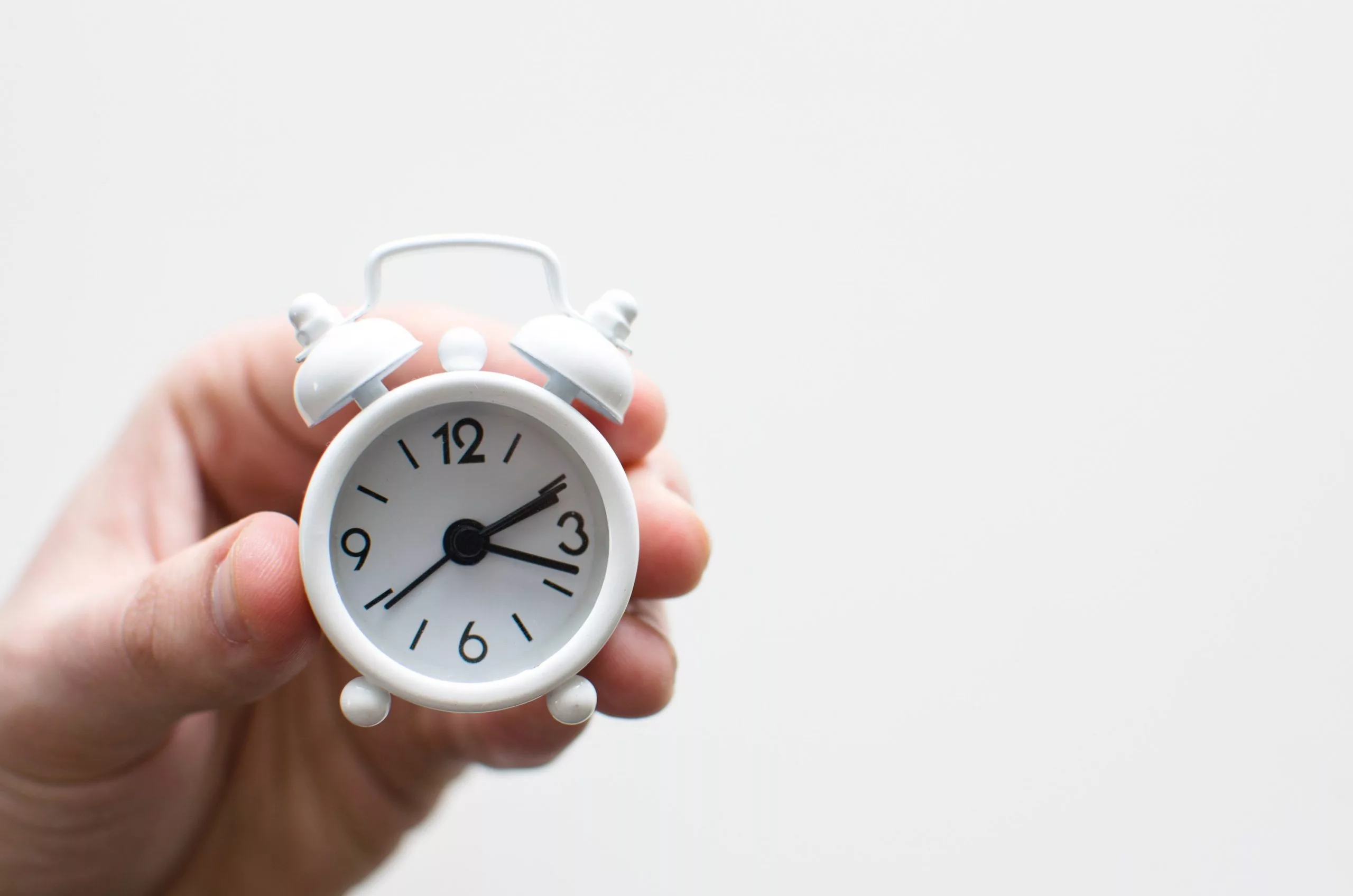We’ve all been there: It’s the last hour or two of the workday. Your eyes have glossed over and your brain feels like it’s full of cotton balls. You keep refreshing your inbox, switching back and forth between the 20 tabs open on your browser, and picking up your phone every three minutes or so to scroll.
Barely anything is getting done, yet you’re still sitting there at your desk. Why? Because we’ve been programmed to believe that an 8- to 9-hour (or even 10- to 11-hour) workday is the sign of an industrious, valuable person. We’ve been raised to believe that how much we do — or, more accurately, how busy we appear — equates to our worth on the job and even as a human being in general.
The big problem here is that our best work and our best selves are not supported by the kind of work environment or work habits that have become normalized. Data reported in the Harvard Business Review shows that we can’t be in a state of high concentration on tasks that really move the needle for more than 4 to 5 hours per day.
The takeaway? We’re spending an additional 3 to 4 hours a day on stuff that makes us look busy but doesn’t actually produce results. The entire country of Sweden is taking these productivity findings to heart and is moving toward a national workday of only 6 hours. They’ve realized that working longer doesn’t necessarily get you better results because it’s virtually impossible to stay focused for 8 hours anyway.
And what’s so remarkable is that the companies leading the charge, like Stockholm-based app developer Fillimundus, are finding that the decreased number of work hours isn’t reducing their company’s results. In fact, the company has noticed an uptick in productivity, a reduction in wasted time, and, most importantly, happier employees.
So, how can you apply these findings to your workweek and decrease your workday by 2 hours? There are three things that make the biggest difference in reducing your workday without hurting your productivity.
1. Minimize distractions.
When you stay off social media, limit meetings, close your door (or wear headphones so no one bugs you), and silence your notifications, you’re able to get into a peak state of flow much more easily. Researchers have found that we spend an average of 11 minutes on a task before getting interrupted, and it takes us 25 minutes to regain our focus after the interruption. If you do the math, you’ll quickly realize that this means we spend exactly zero minutes totally focused on something while at work.
In fact, some of us have gotten so used to being distracted that when someone else or something else doesn’t distract us, we distract ourselves regularly by switching tasks, picking up our phones, or opening a new tab on our computers. When you minimize distractions, you’ll get a lot more done in a lot less time, thus saving you precious hours.
2. Take breaks all day.
I get that it feels like it’s a good idea to push through discomfort, brain fog, or exhaustion in pursuit of getting more done, but the data doesn’t support it.
What’s been shown to make us our most effective (and therefore save time) is to take a 15-minute break for every hour of work. We have a diminishing rate of return after 52 minutes of work, so rather than pushing through, it makes way more sense to get up, get a snack, stretch, or take a walk at the first wave of fatigue, and then we’ll be far more productive when we return. (Plus we’ll be happier, which helps every single area of your life, including your work.)
3. Plan your week.
I used to use my inbox as my to-do list. At the end of the day, I was always befuddled as to why I didn’t feel like I’d made any progress on my priorities. And at the end of the week and the month, I was no closer to my goals. Why? I had no plan and thus I was letting everyone else’s priorities direct my time. No bueno.
It’s been shown that when we invest a small amount of time planning our days or weeks, we can save up to 2 hours a day because we’re not distracted and wasting time on wondering what to work on, switching from task to task, or getting sidelined by someone else’s emergency.
Every Monday morning, I sit down for about 15 minutes and plan my week. I look at what phase of my cycle I’m in to determine what tasks my brain is ideally poised for that week, which phase of creation each of my projects is in, what’s coming up, and what my priorities for the week need to be.
Then I make a list that cannot take up more than one half of one side of an 8.5-by-11 piece of paper. For every item that I’m about to write down, I ask myself:
- Does this need to be done?
- Does this need to be done by me?
- Does this need to be done right now (or this week)?
If the answer is no, I don’t put it on the list.
Planning your week and then sticking to the plan will save you up to 2 hours a day, and you’ll be so thrilled by how much less time you’re spending and how much closer you’re getting to your goals faster than you imagined.
So to bring it home, here’s what you need to do to reduce your workday by 2 hours without hurting your productivity:
- Minimize distractions.
- Take breaks all day.
- Plan your week.
If you do those things week in and week out, you’ll have so much more energy, so much more time for the things that light you up, and even better results than you’re getting right now.





